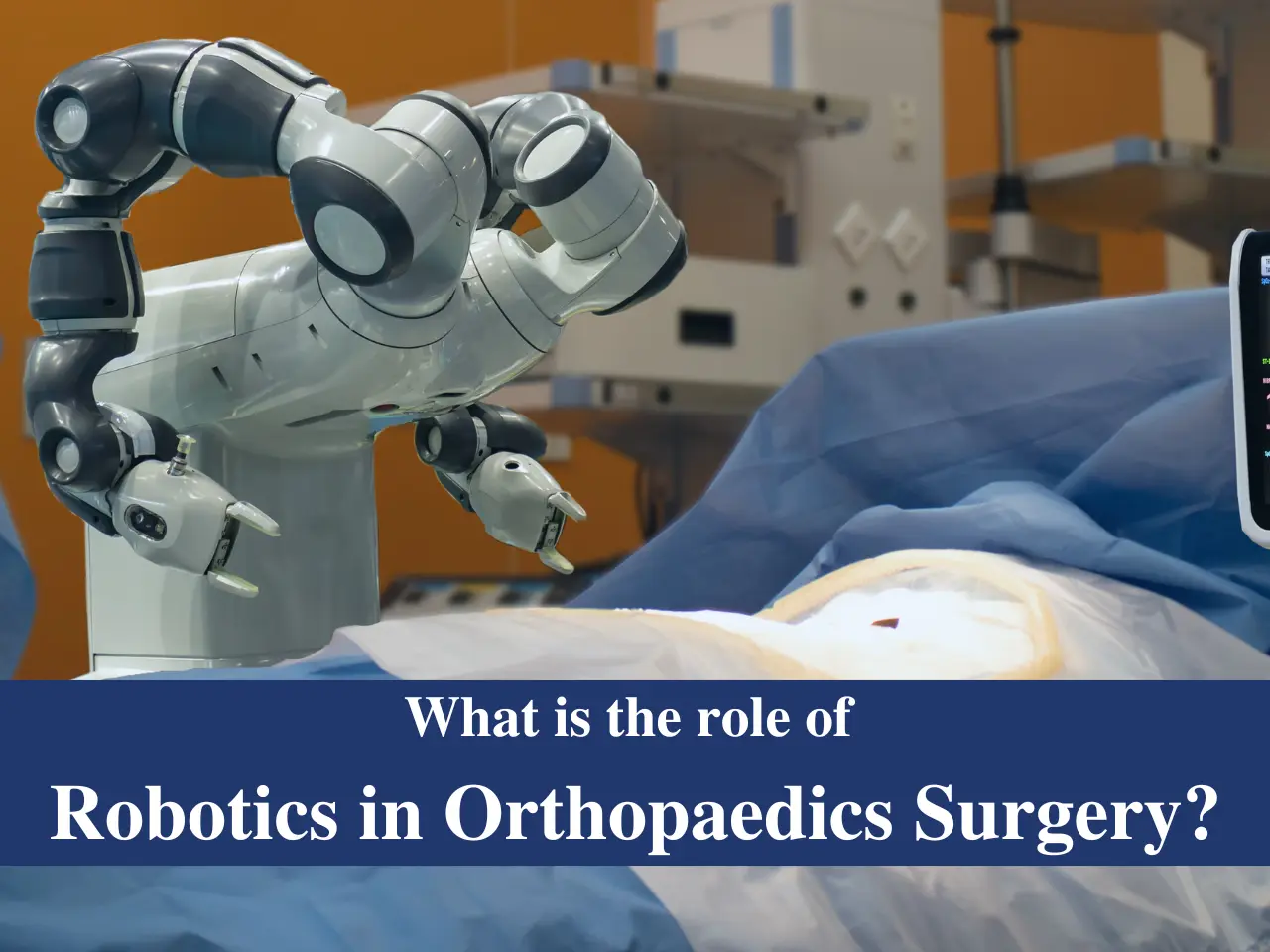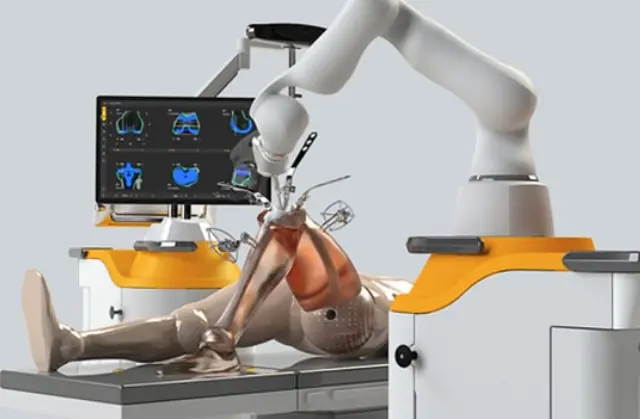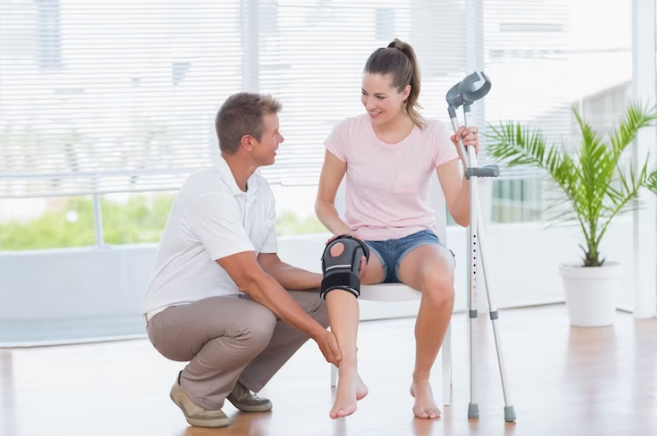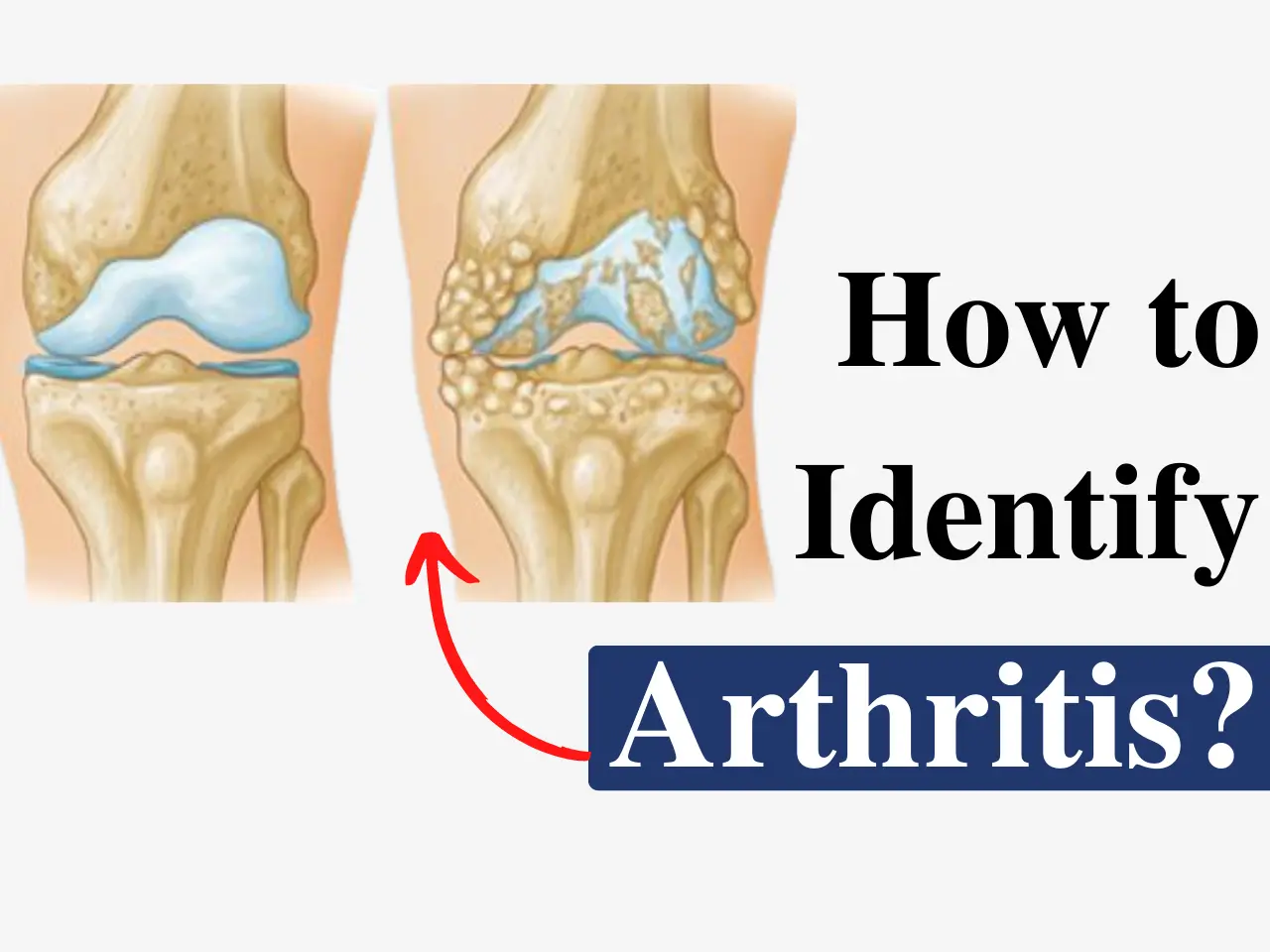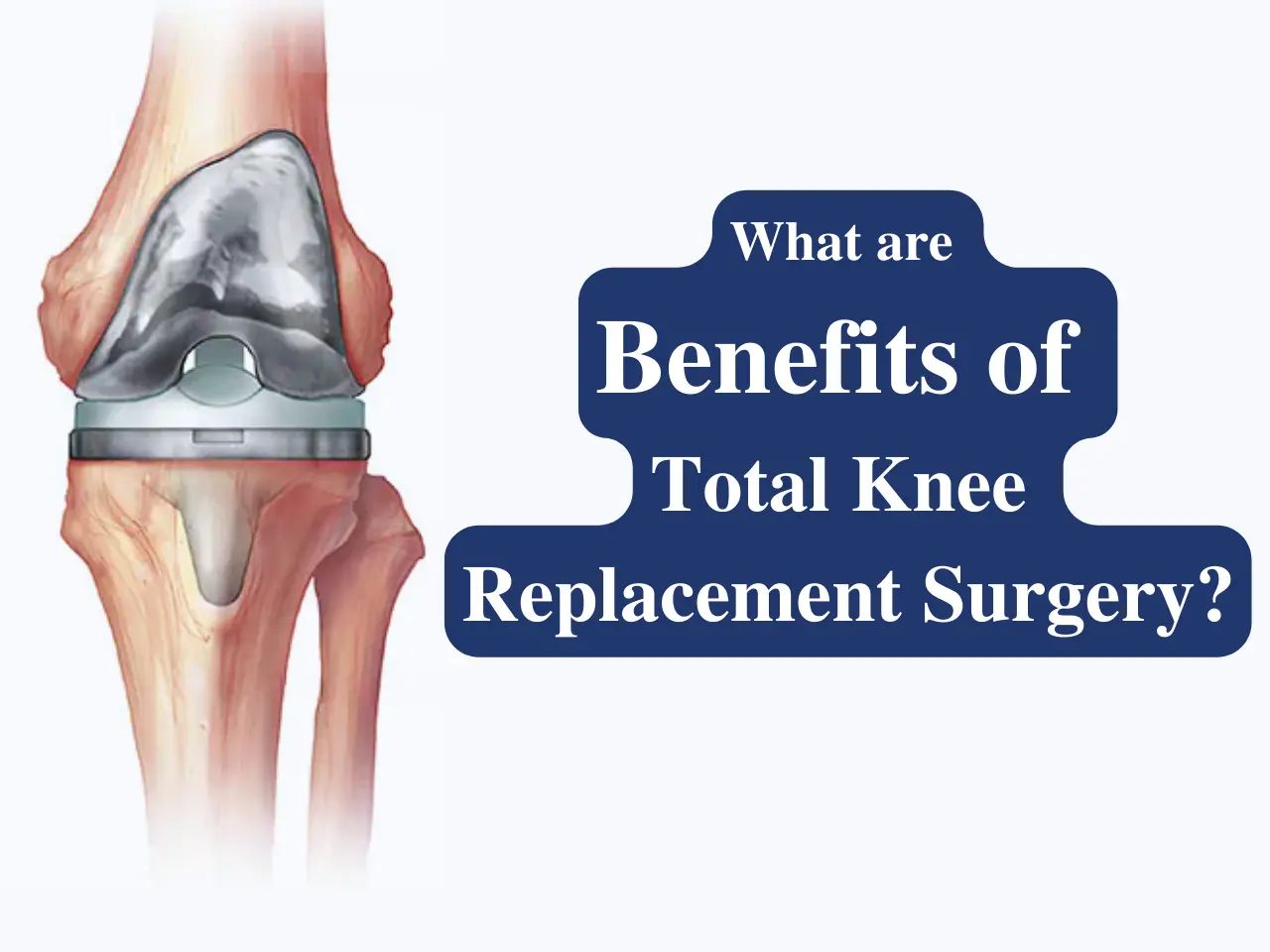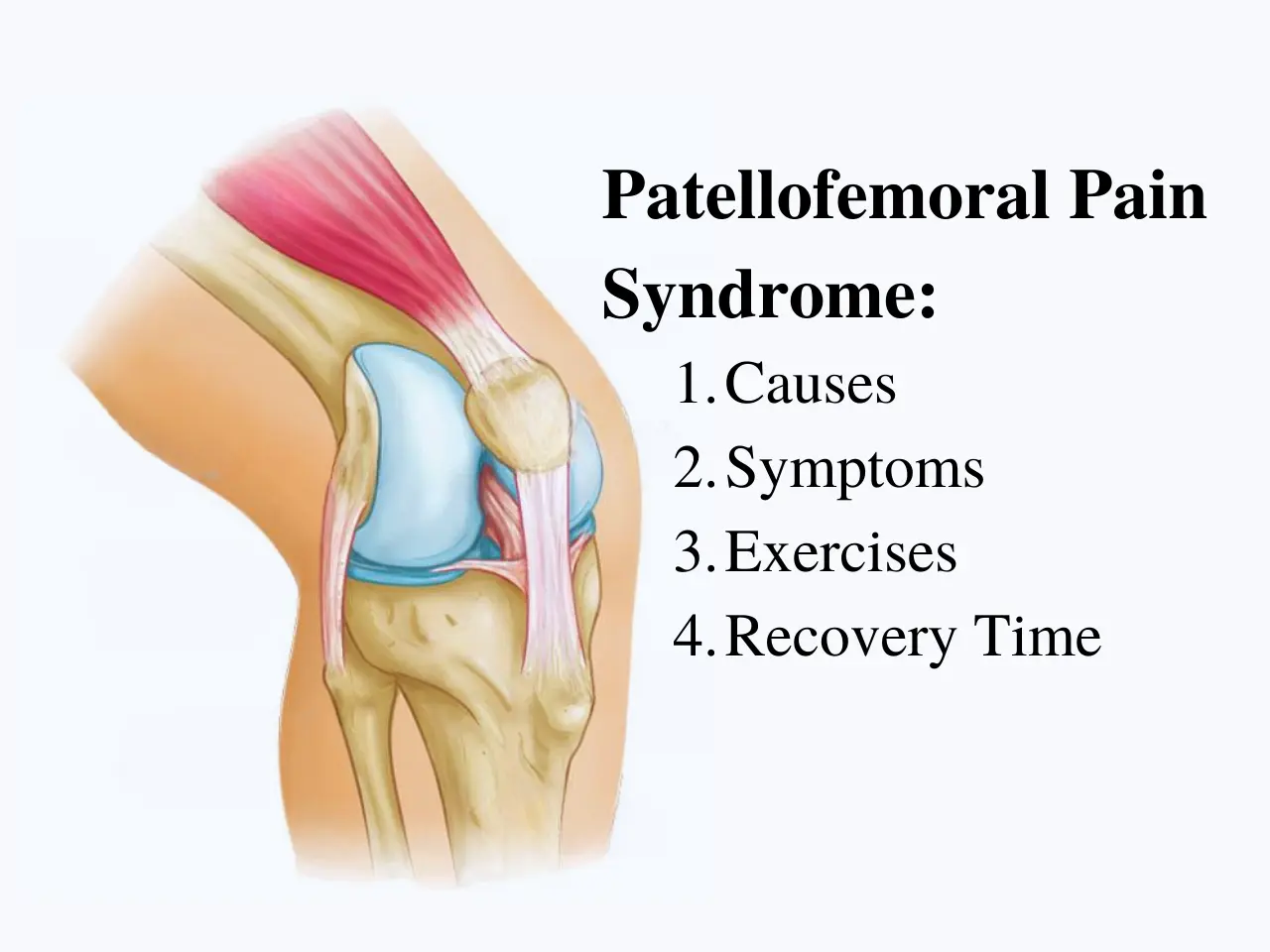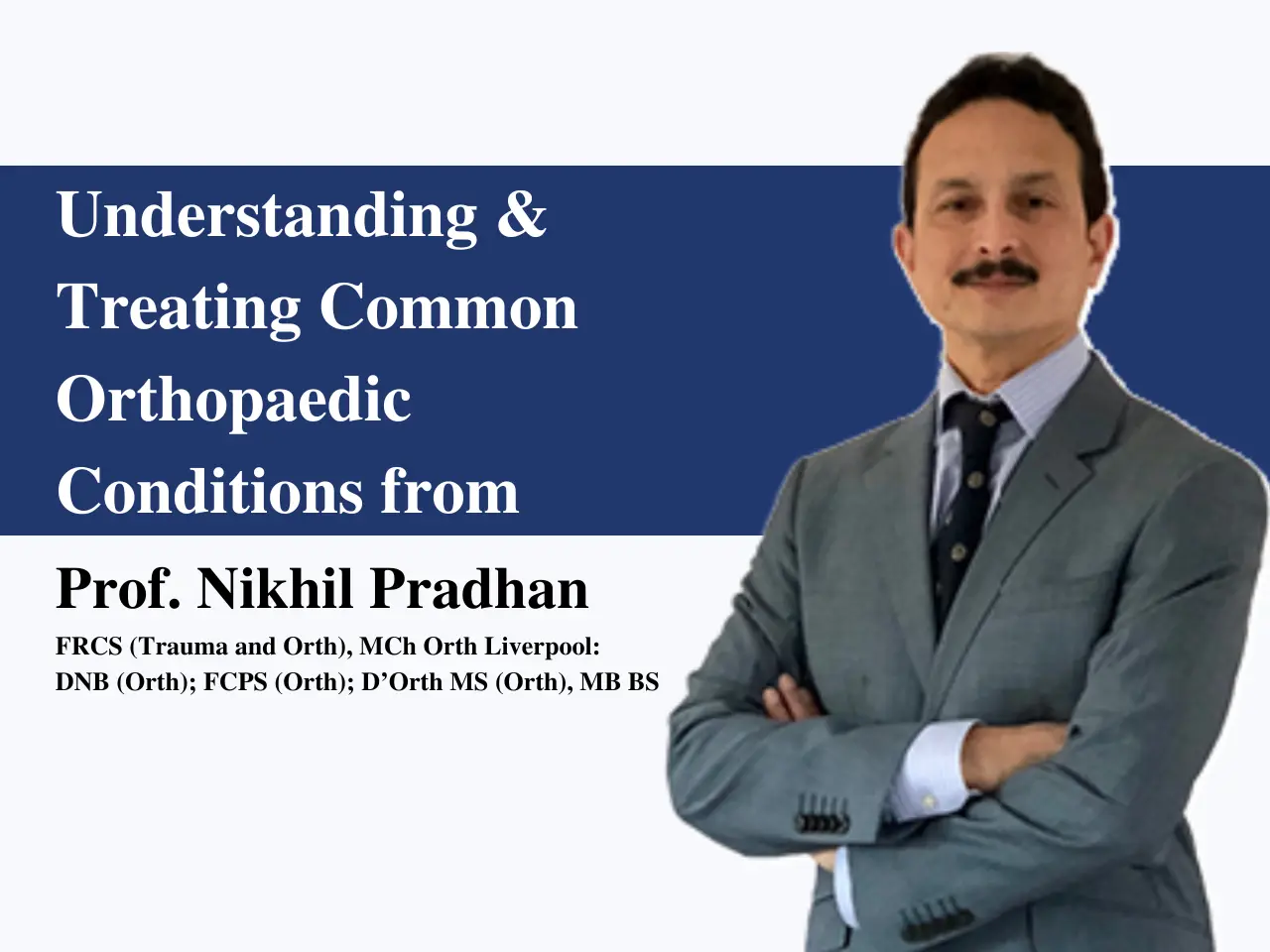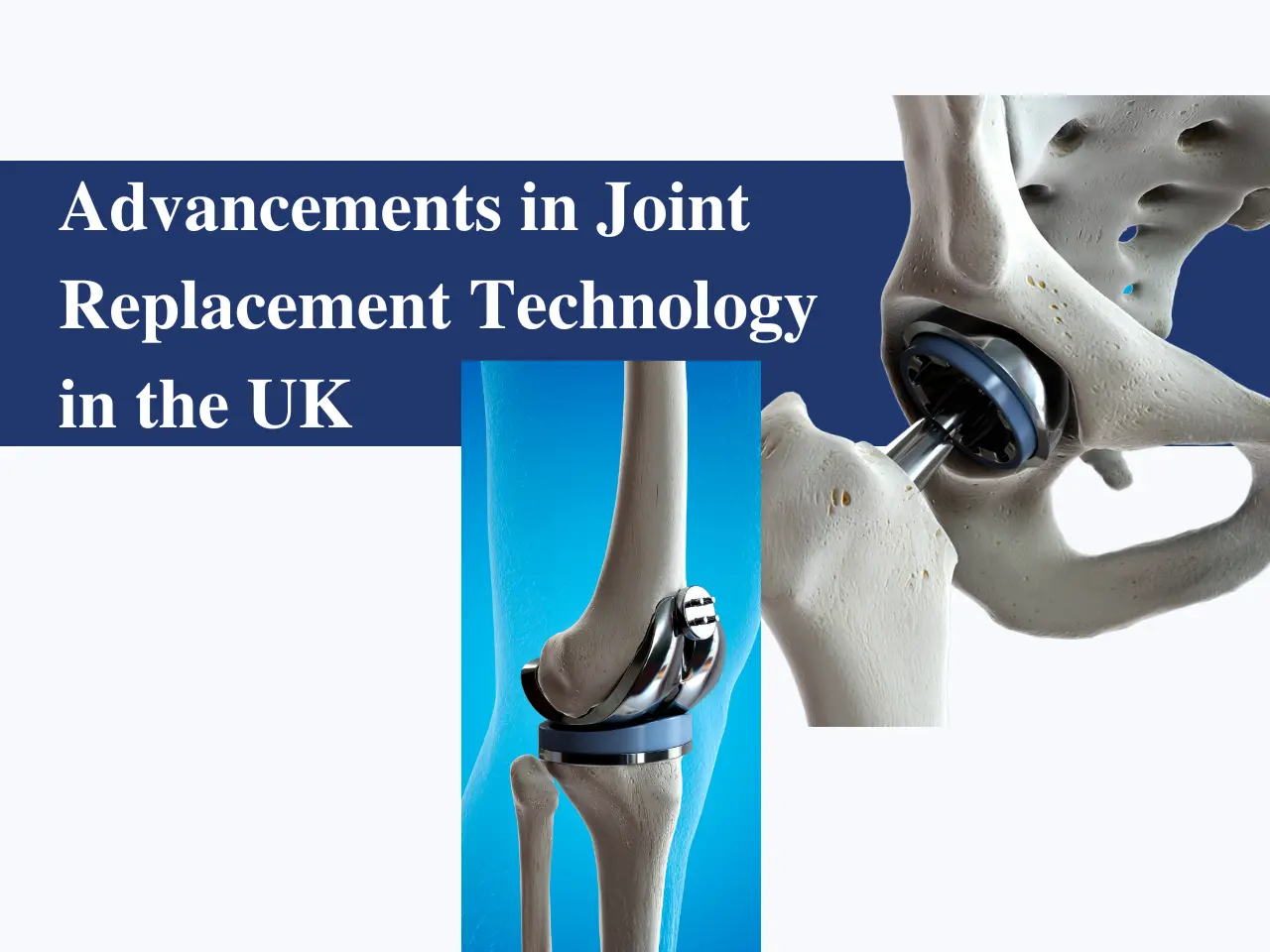Introduction:
In recent years, robotics has emerged as a revolutionary force in the field of orthopedic surgery, offering unprecedented precision and enhanced outcomes for patients.
Leading the way in this innovative domain is Mr. Nikhil Pradhan, a renowned orthopedic surgeon based in Cheshire, whose expertise has significantly advanced the use of robots in orthopedic procedures.
- Robots in Orthopaedic Surgery: Advancements and Applications
The integration of robotics in orthopedics has transformed the way surgeons’ approach various procedures. These advanced technologies have found applications in different aspects of orthopedic surgery, including joint replacements, spine surgery, and trauma care.
The key areas of robotic applications in orthopedics are:
- Robot-assisted joint replacements
- Minimally invasive surgeries with robotic assistance
- Image-guided surgical navigation
- Robotic assistance in complex spinal surgeries
What is the Use of Robot in Orthopedic Surgery?
Robots have revolutionized orthopedic surgery by providing numerous benefits to surgeons and patients alike.
Some crucial roles of robots in orthopedic surgery include:
- Enhanced Precision and Accuracy: Robots offer unparalleled precision, enabling surgeons to perform intricate procedures with utmost accuracy. This precision leads to better implant alignment and improved long-term outcomes.
- Minimally Invasive Techniques: Robotic-assisted surgeries often require smaller incisions, resulting in reduced trauma to surrounding tissues, less blood loss, and faster recovery times.
- Surgical Navigation and Imaging Capabilities: Robots aid surgeons in obtaining real-time, high-definition images during surgery, allowing for better visualization and decision-making.
Benefits of Robot-Assisted Orthopedic Surgery
The adoption of robotic technology in orthopedic surgery has brought about several significant benefits, making it a game-changer in the field.
Some key advantages include:
- Improved Surgical Outcomes: Robotic assistance ensures greater precision, reducing the risk of errors during surgery and leading to improved outcomes for patients.
- Faster Recovery and Rehabilitation: Minimally invasive robotic procedures result in less tissue damage, leading to quicker healing and reduced rehabilitation times for patients.
- Reduced Risk of Complications: The precision offered by robots minimizes the risk of complications, such as implant malposition or instability, which can occur in traditional surgeries.
Benefits of Robotic-Assisted Joint Replacement
One area where robotics has truly transformed orthopedic surgery is joint replacement procedures. Mr. Nikhil Pradhan has been at the forefront of introducing and advancing robotic total knee replacement in Cheshire.
Some notable benefits of robotic-assisted joint replacement are:
- Personalized Implant Positioning and Sizing: Robots allow for a patient-specific approach, ensuring precise positioning and alignment of implants based on each individual’s unique anatomy.
- Improved Implant Longevity: Accurate implant positioning through robotic assistance can lead to reduced wear and tear, potentially extending the lifespan of the implant.
Robotic Total Knee Replacement in Cheshire
Mr. Nikhil Pradhan has been instrumental in bringing robotic total knee replacement to Cheshire, offering patients a cutting-edge alternative for knee surgery.
With his expertise and the implementation of robotic technology, patients in Cheshire can benefit from:
- State-of-the-Art Surgical Techniques: Nikhil Pradhan utilizes the latest robotic systems to perform total knee replacements, ensuring optimal outcomes and patient satisfaction.
- Patient-Centered Approach: The personalized nature of robotic knee replacement allows Mr. Nikhil Pradhan to tailor the surgery to each patient’s specific needs and anatomy, resulting in better functional outcomes.
Robot-Assisted Orthopedic Surgery in Cheshire: The Future of Orthopedics
The growing popularity of robotic-assisted orthopedic surgery in Cheshire reflects the remarkable advancements in this field.
As more surgeons like Mr. Nikhil Pradhan embrace and refine robotic technologies, the future of orthopedic surgery holds exciting possibilities:
- Expansion to Other Orthopedic Subspecialties: With ongoing advancements, robotic assistance may extend beyond joint replacements to other orthopedic procedures, benefiting patients with various musculoskeletal conditions.
- Continuous Improvement in Surgical Techniques: As robotic systems evolve, surgeons will gain access to even more advanced tools, further enhancing surgical precision and patient outcomes.
Conclusion:
The role of robotics in orthopedic surgery, spearheaded by Mr. Nikhil Pradhan, has ushered in a new era of enhanced patient care and surgical excellence. The benefits of robot-assisted orthopedic surgery, particularly in joint replacements like robotic total knee replacement, are transforming the lives of patients in Cheshire and beyond.
As technology continues to evolve, the future of orthopedic surgery looks promising, with robots playing a crucial role in improving surgical techniques and patient outcomes.

